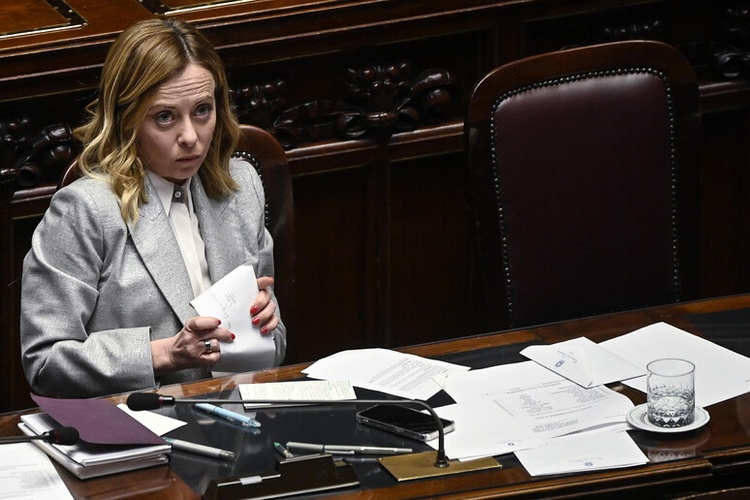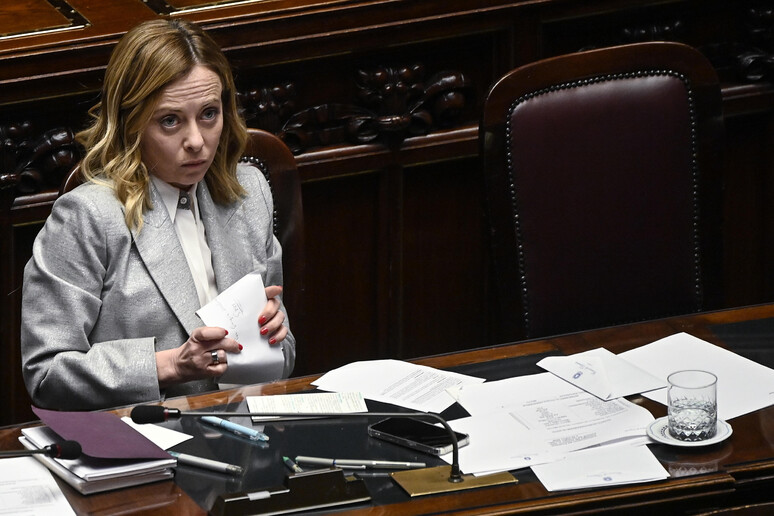This norm would change article 92 of the Italian Constitution.
It enshrines in the founding charter the principle of the direct election of the PM, also setting a two-term limit on their period in office.
Under the current system in Italy, parties engage in government-formation talks after a general election and then the coalition that forms a ruling majority in parliament agrees on a figure to propose to the President of the Republic to become prime minister.
That figure is not necessarily one of the politicians indicated by the parties as their PM candidate during the election campaign.
The reform, which is likely to be put to a referendum after it is passed, has been criticised as depleting the powers of the head of State.
Giorgia Meloni has denied this.
“I do not see in what way the direct election of the head of government means taking power away from the head of state, seeing as we have chosen not to touch the head of State’s powers,” Meloni told reporters at her end-of-year press conference in January.
“In my opinion, it creates a balance that is a good balance, it strengthens the stability of governments,” she added.
“This is not a referendum on the government or on Giorgia Meloni, but on what must happen next,” continued Meloni, referring to the probability that the bill, if approved by parliament, might be put to a popular referendum.
The centre-left opposition Democratic Party (PD) has slammed the proposed reform as “dangerous”.
“[The reform] weakens parliament and the prerogatives of the President of the Republic”, added PD.
PD leader Elly Schlein described it as “a distortion of the Constitution and the parliamentary Republic”.
“We will use every available dialectical tool in parliament to oppose a project that we consider to be dangerous,” she said.
ANSA











